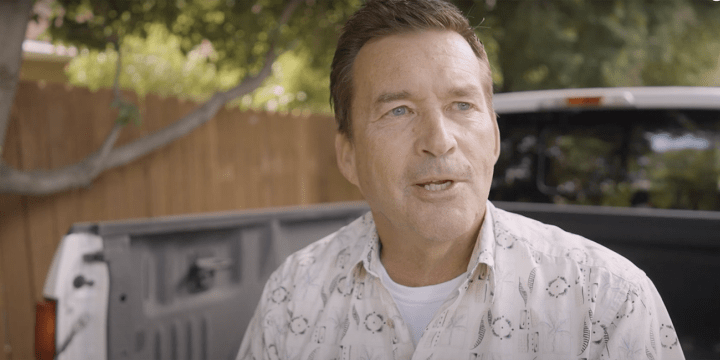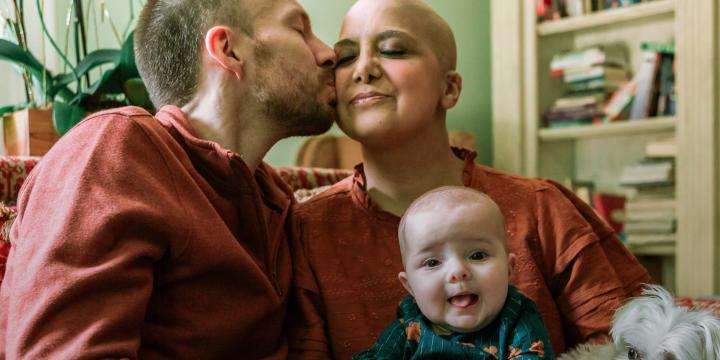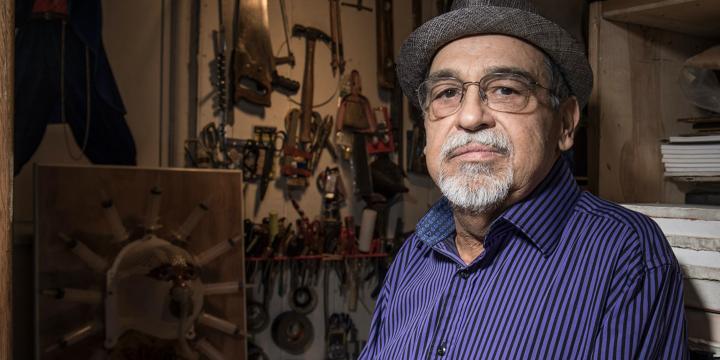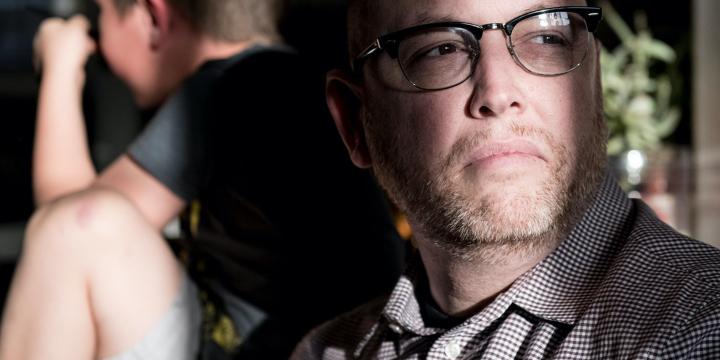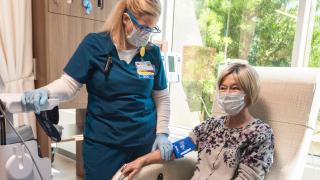
Life During Cancer Treatment
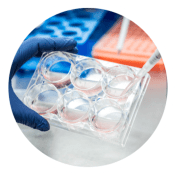
Find detailed information about the many diseases we treat at City of Hope.
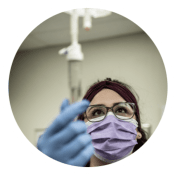
At City of Hope, we offer the counsel of caring, sympathetic experts and a library of other resources to help you understand chemotherapy treatment.

Tailored and evidence-based patient education, instructions, information and resources to help prepare you for your cancer treatments.
Patient Stories
Cancer Patient Support and Resources
As an independent biomedical, treatment and education center, City of Hope focuses on basic and clinical research in cancer, diabetes, HIV/AIDS and other chronic, life-threatening diseases.
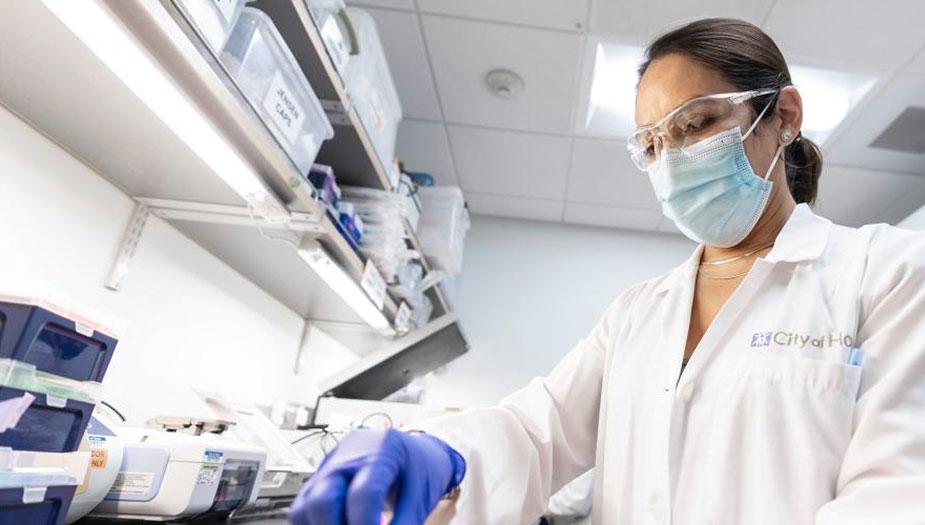
Your care team is committed to helping you manage the physical concerns, side effects and symptoms that can occur during and after cancer treatment.
Talking to a City of Hope clinical social worker can help you cope with lifestyle changes and educate you on actions you can take on your own. This can help minimize the impact on your routines and relationships.
When dealing with medical issues, it’s normal to feel emotionally drained, hopeless, fearful, and anxious. Cancer can cause physical and emotional changes that persist during treatment and long after treatment has ended.
At City of Hope, our integrated, interdisciplinary supportive care cancer programs are designed to provide support to you and your family, no matter what stage you are in your cancer journey.
